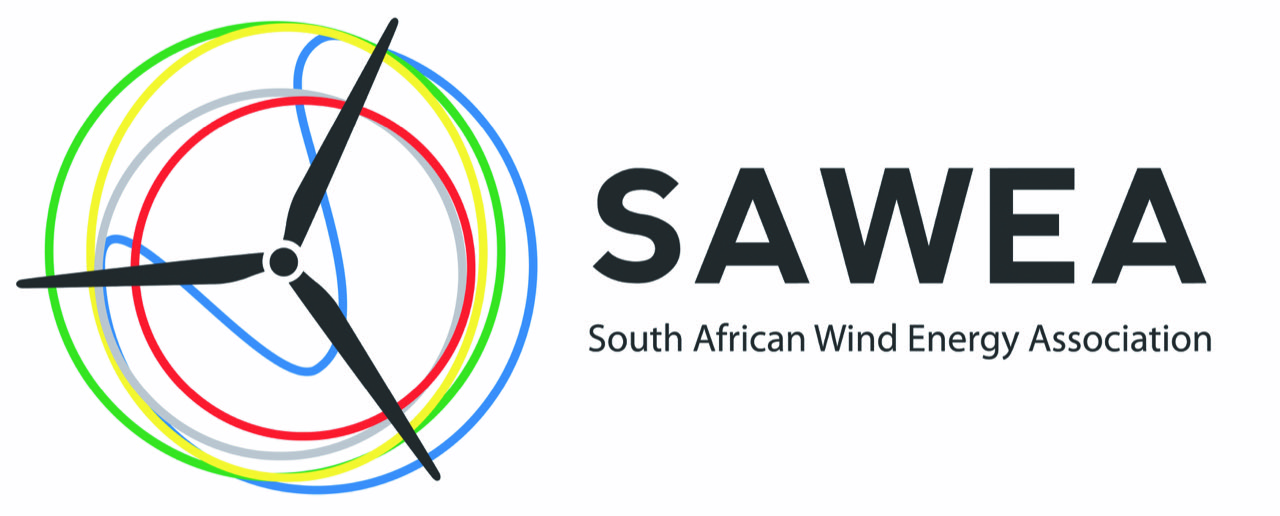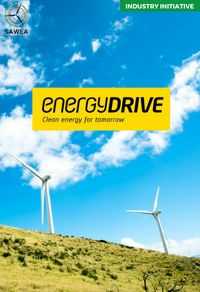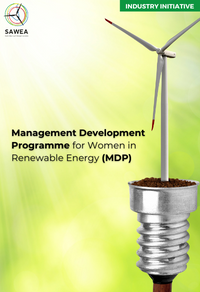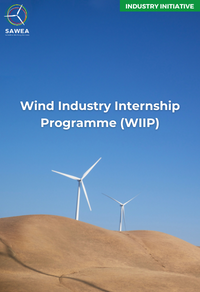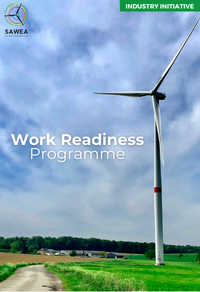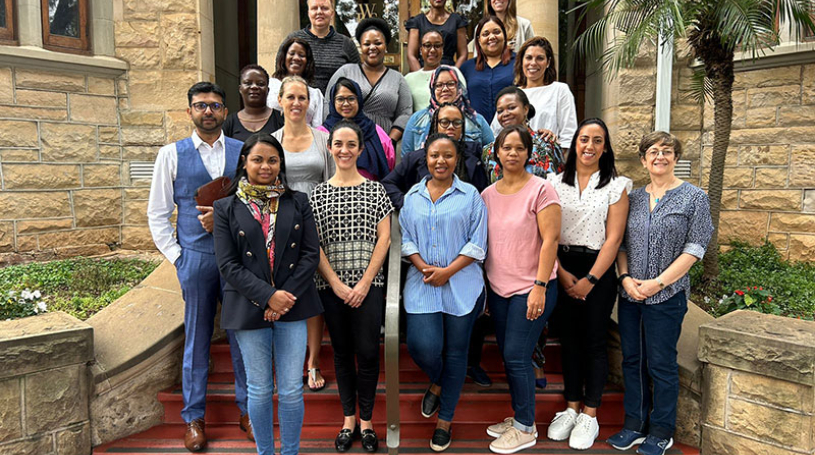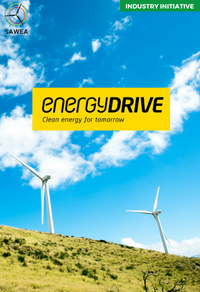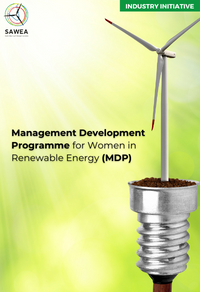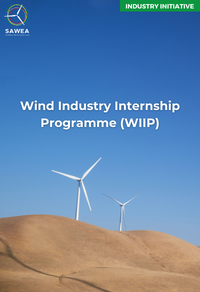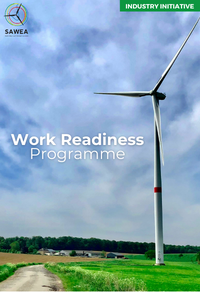Developing Women in Leadership to Achieve Equality in the Renewable Energy Sector
30 March 2023, Parktown, Johannesburg A cohort of women (20) comprising the 2023 class of the Management Development Programme for Women in Renewable Energy, were welcomed at the inaugural launch last week (23 March 2023). Designed by the Wits Business School for the industry, this programme aims to create the future leaders of South Africa’s transitioning energy landscape.
As an initiative led by the South African Wind Energy Association (SAWEA) through the collaborative Gender Diversity Working Group (GDWG) with the South African Photovoltaic Industry Association (SAPVIA) and Energy & Water Sector Education Training Authority (EWSETA) this programme was produced to address the skills gap in the renewable energy industry and to accelerate the growth of senior female leadership within the sector. The programme is fully endorsed and predominantly funded by the EWSETA, as well as industry showing commitment to working together. “The programme is tailored specifically for women already employed within the renewable energy sector as well as female specialists, consultants and managers who are seeking to grow their business and management acumen in renewable energy. The aim is to provide the necessary skills and development that will result in a pipeline of gender-diverse leaders that will elevate sector leadership and deliver role models,” said Niveshen Govender, Chief Executive Officer (CEO) of SAWEA, in his opening address.
Govender added that this will further the vision of equity and equality, the very principles that have been embedded in our industry by the late Ms Ntombifuthi Ntuli, the previous SAWEA CEO. “We are encouraged by the GDWG Initiative and see this as a natural progression in terms of our strategic partnership with SAWEA, SAPVIA and the Wits Business School. Our research data reflects that the energy and water sectors are still predominately male-driven sectors and therefore, transformation is required across all levels,” says EWSETA CEO Mpho Mookapele. Research underpins this drive for increased diversity, in fact, around 32% of women are employed in the wind industry globally, with far fewer being represented in STEM jobs, compared to administrative positions, as reported by the International Renewable Energy Agency, 2020. “Gender diversity means a fair gender representation across all spheres of our industry. We recognise that the challenge of underrepresentation of women in the wind energy sector is as much a South African challenge as it is a global challenge,” said Govender. Acknowledging this and recognising that a decade into South Africa’s renewable energy sector’s existence, the sector was still lagging, the industry launched the GDWD in 2021, to actively give attention to adjusting and improving the levels of gender representation, at all levels, by mainstreaming these gender issues.
The Management Development Programme fits into the strategic thinking of the GDWG, as it implements key areas of the Working Group’s baseline study, which moreover, identified such interventions to address the glaring gap in gender equality. The programme, which runs over a nine month period is founded on the key principles of self-development; understanding business models; design thinking for strategic management; managing people; as well as leadership, with several electives, proven attractive to the sector at large. “Our country’s renewable energy sector needs to truly reflect the society in which we operate, if we are to thrive. As a sector, our ambition is to deliver a just transition and this must include the upliftment and inclusion of all genders. Inclusion widens the talent pool and enhances collaboration, improves retention, recruitment and reputation,” concluded Govender. ”The transformation of the gender ratio in the energy and water sectors, particularly at senior and executive management levels, has been a strategic focus for the EWSETA. With the changing complexities introduced through rapid technological advancement and environmental challenges, Women must be capacitated to play an integral role in critical decision-making in order to take organisations into a new era where renewable energy and energy efficiency strategies will impact and contribute to energy security for the country,” concludes Mookaplele. The 2024 class intake will open towards the end of 2023.
